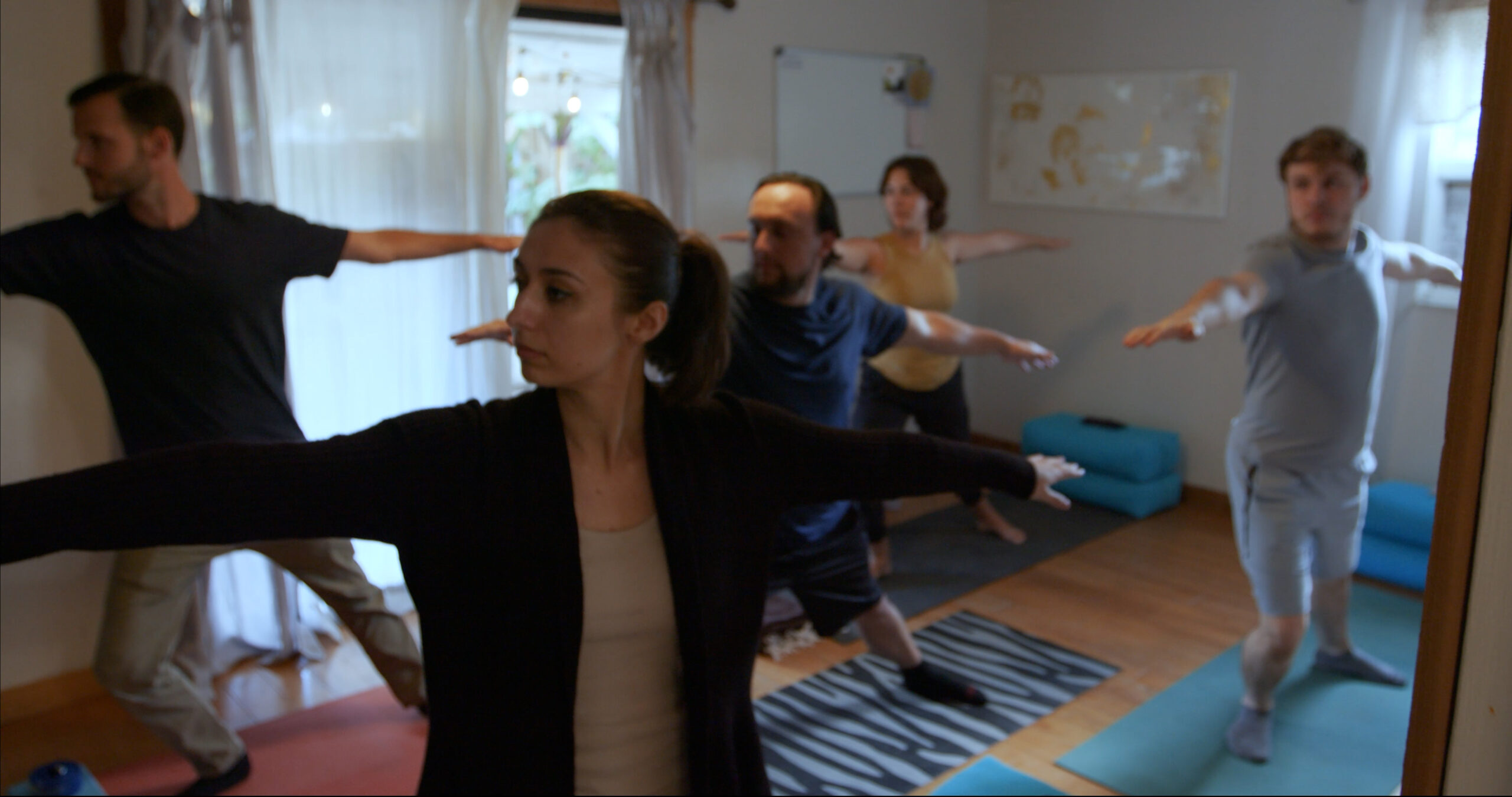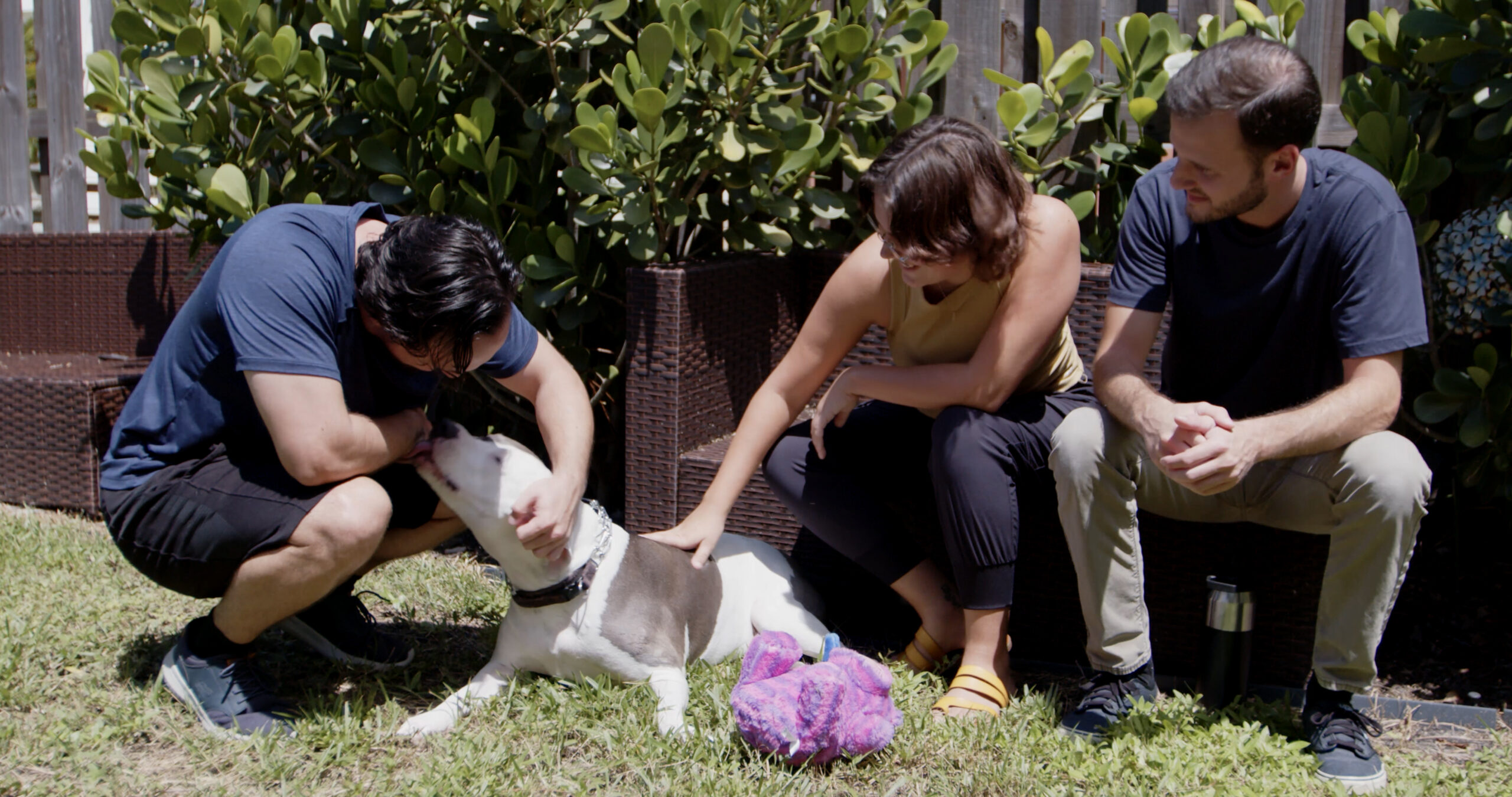About
Kind words can be short and easy to speak, but their echoes are truly endless.
THE MINDFUL HEALTH FOUNDATION
We strive for excellence and you should expect exemplary care and attention from
The Mindful Health Foundation.

Mission & Program Philosophy
The Mindful Health Foundation is founded on several philosophies and a specific mission in mind:
The Mindful Health Foundation bases its treatment philosophy on mindful attention to each recovering individual. Our treatment team is motivated to embrace three common goals:
- To restore health
- To establish clarity of mind
- Enable each patient to use his or her full mental potential
The Mindful Health Foundation utilizes an integrative approach to treating mental health issues. Our treatment philosophy supports a whole-body approach to mental health disorders, utilizing multiple fields of psychology, medicine, and nutritional sciences. Our goal is to assist our patients to regain mental wellness through the use of individualized traditional medical approaches like cognitive behavioral psychotherapy, behavioral therapy, and dialectical behavioral therapy. These methods can be used in conjunction with integrative approaches such as body image therapy, proper nutritional supplementation, art therapy, and yoga therapy to customize treatment and to provide better wellness outcomes.

Evidence-Based Practices
The Mindful Health Foundation utilizes evidence-based practices in its treatment programs. Evidence-based practices are the integration of the best available research with clinical expertise in the context of patient characteristics, culture, and preferences. This means that our staff is trained and competent in treatment approaches that are supported by research and based on clinical practice guidelines. Our treatment plans take into consideration the uniqueness of each patient and result in good outcomes.
Some of the Evidence-based practices we utilize include:
Cognitive–behavioral therapy (CBT) is based on principles of cognitive psychology and social learning theory and teaches you to develop new cognitive and coping skills for your symptoms.
Motivational enhancement therapy is an approach termed motivational interviewing based upon the stages of change model.
Interpersonal therapy is a form of psychotherapy that focuses on you and your relationships with other people. It’s based on the idea that difficulties in personal relationships contribute to psychological problems.
Solution-focused therapy is future-focused, goal-directed, and focuses on solutions, rather than on the problems that brought you to seek therapy.
Dialectical-behavioral therapy (DBT) was originally developed to treat borderline personality disorder. However, research shows that DBT has also been used successfully to treat people experiencing depression, bulimia, binge eating, bipolar disorder, post-traumatic stress disorder, and substance abuse. DBT skills are thought to have the capability of helping those who wish to improve their ability to regulate emotions, tolerate distress and negative emotion, be mindful and present in the given moment, and communicate and interact effectively with others.

How We Measure Patient Success
The first step in a good therapy outcome is to fully assess the severity and uniqueness of the symptoms our patients are experiencing. MHF utilizes several tools to assess and screen for symptoms. Some examples include:
- Biological-Psychosocial Assessment
- Adult Substance Abuse Subtle Screening Inventory or SASSI-4
- Beck Depression Inventory
- Beck Anxiety Index
- Eating Disorder Inventory or EDI-3
- BASIS-32™ (Behavior And Symptom Identification Scale) or Quality of Life Survey
The Mindful Health Foundation uses a written treatment plan which includes clear goals and objectives identified by the patient & therapist. These goals and objectives are discussed throughout the course of therapy to determine the progress and completion of treatment.
MHF also uses outcome scales and checklists to track therapy progress, effectiveness, and outcomes in an even more quantitative and concrete manner. These measures range from brief (e.g., one to two minutes) rating scales completed by the patient monthly to much more comprehensive and lengthy measures incorporating both patient and therapist perspectives which can take 20 minutes or more to complete at various intervals throughout treatment.

Key Program Goals
MHF Programs emphasize the importance of autonomy and life skills. Adulting is the practice of behaving in a way characteristic of a responsible, autonomous adult, especially the accomplishment of necessary tasks. To “adult” is to behave like an adult, to do the things that adults regularly have to do. This includes things like having a job and living independently but also relating as an adult in interpersonal relationships. We encourage our patients to solve problems by answering the question, “What would a healthy adult do?”
Setting clear personal boundaries is the key to ensuring relationships are mutually respectful, supportive, and caring. Boundaries are a measure of self-esteem. They set the limits for acceptable behavior from those around you, determining whether they feel able to put you down, make fun of, or take advantage of your good nature.
By creating a narrative about their own psychological development, our patients learn to create a framework to understand the place their mental health symptoms play in their life and be able to establish collaborative relationships.
